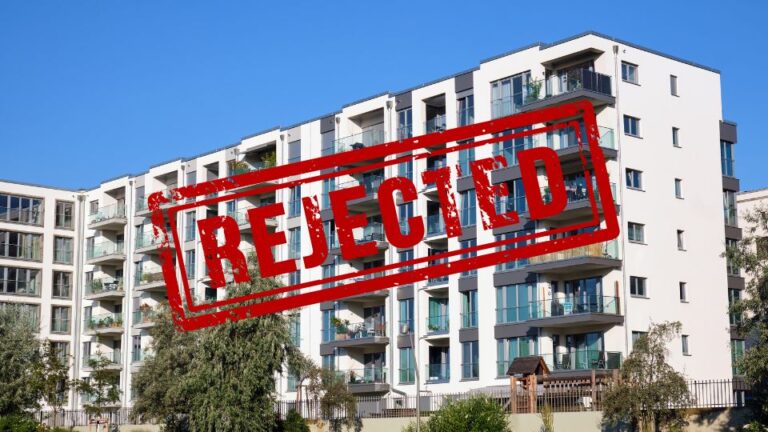Plan to Limit Temporary Rentals REJECTED
Spain's left-leaning government had proposed stricter regulations on temporary accommodation rentals as a strategy to increase the availability of long-term rentals.
However, on Tuesday, the proposal was voted down in parliament by the country’s right-wing parties.
If the law had passed, it would have required anyone looking to rent a property on a temporary basis to justify their need and provide a valid reason. For instance, students or researchers would need to show a research contract or course enrollment to demonstrate that their stay would only last for a limited time.
Additionally, the law would have stipulated that if a rental period exceeded six months or if two consecutive short-term contracts were issued, the property would automatically be considered a long-term habitual residence.
On September 17th, the proposal was ultimately rejected in the Spanish Congress, with the opposition coming from Spain’s three main right-wing factions – the Catalan nationalist party Junts, the main opposition party Partido Popular (PP), and the far-right party Vox.
One of the goals behind this proposal was to address issues within the controversial Housing Law that came into effect in 2023. Many people feel the law has failed, as landlords have found various loopholes to circumvent its restrictions. As a result, rental prices have continued to rise, while the supply of long-term rental properties has further decreased.

Fearing stricter regulations, many landlords have moved away from the traditional rental market, shifting to more profitable tourist and temporary accommodation rentals. This shift has had the opposite effect of what the Housing Law intended, driving prices up rather than stabilizing them.
Seasonal contracts and room rentals give landlords the opportunity to raise prices every six or nine months, as these types of rentals are not subject to the price caps imposed by the Housing Law.
The new law sought to limit temporary rental contracts to a maximum of six months to prevent this. However, critics argued that such a measure could negatively impact those who rely on temporary accommodation, such as students, digital nomads, or individuals living in Spain for short-term stays.
During the parliamentary debate, Íñigo Errejón, spokesperson for the Sumar coalition, defended the proposal, describing it as a “fair,” “precise,” and “effective” solution to “correct an abuse” and “close the loophole” that allows landlords to bypass the Urban Leasing Law (LAU) and rent regulations.
The far-left party Podemos criticized the ruling PSOE for leaving this “gap” in the Housing Law but agreed that tighter restrictions on temporary rentals were necessary to remedy the situation.
However, Junts, Catalonia’s main pro-independence party, and the Basque nationalist party PNV opposed the proposal. While they acknowledged the need for affordable and decent housing, they expressed concerns about the impact on students, interns, residents, and workers who need flexible accommodation options.
Marta Madrenas, a Junts party member, highlighted the potentially harmful effects that limiting temporary rentals could have on university cities like Girona.
Meanwhile, Vox and PP argued that they did not want to help the government fix what they viewed as mistakes in the Housing Law. Vox deputy Ignacio Hoces claimed that the surge in seasonal rentals was a direct result of the “failure” of the Housing Law, which had caused rental prices to “skyrocket” by 13 percent while reducing supply by 15 percent.
Temporary accommodation, known as “alquiler temporal” or “alquiler de temporada” in Spanish, refers to rentals longer than a month but shorter than a year, sitting between short-term and long-term leases. This type of housing is also referred to as monthly or seasonal accommodation.











